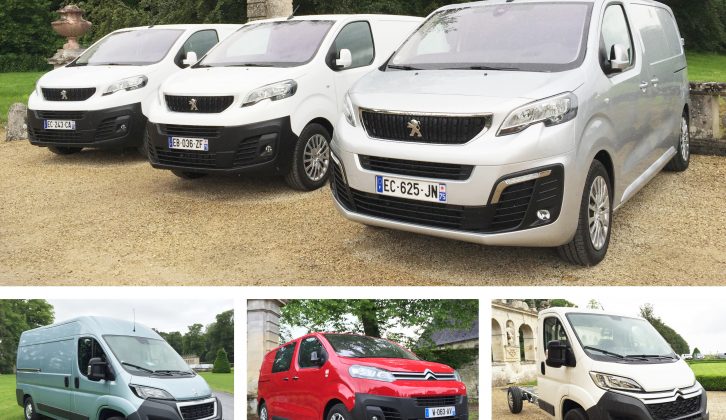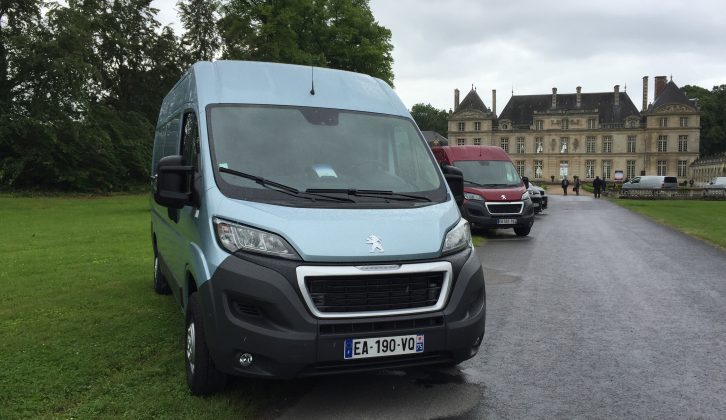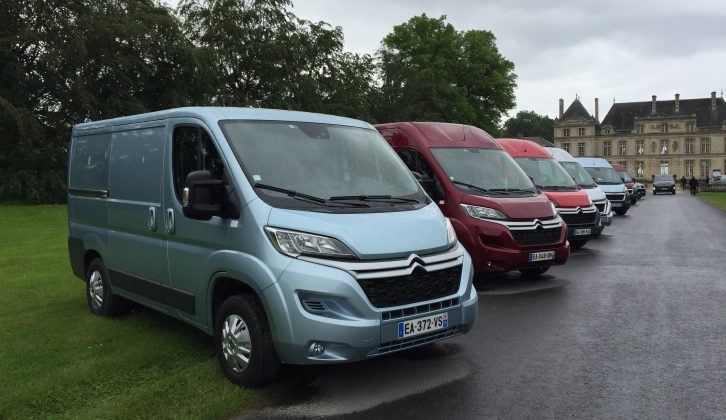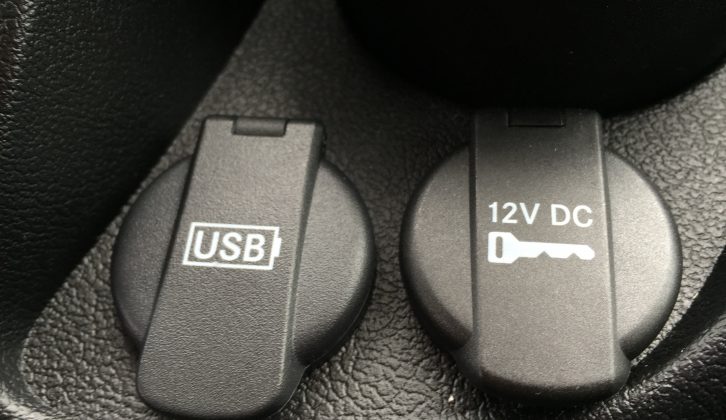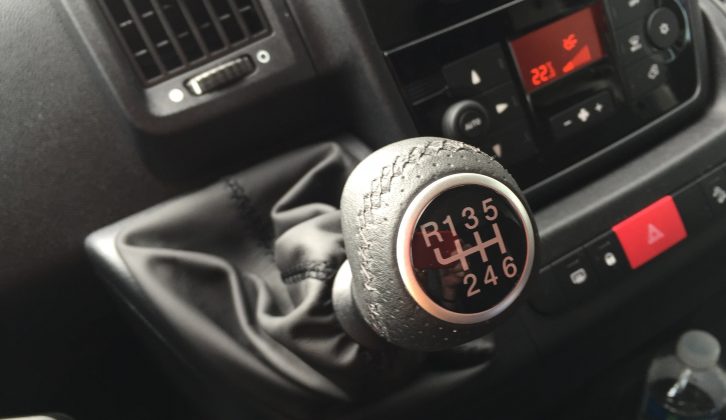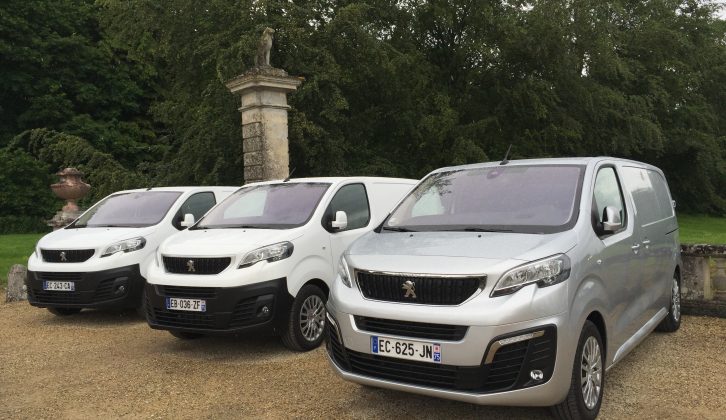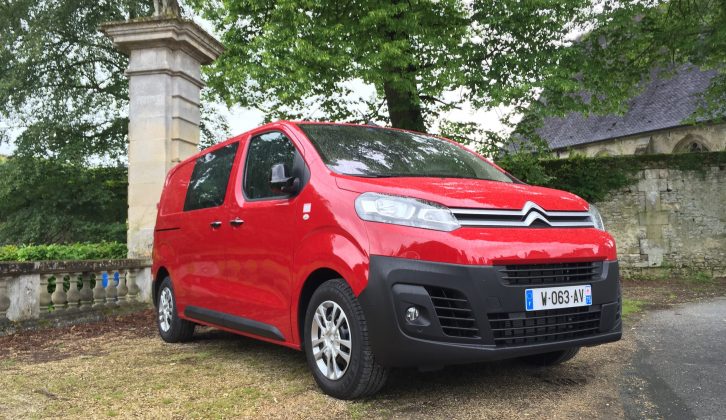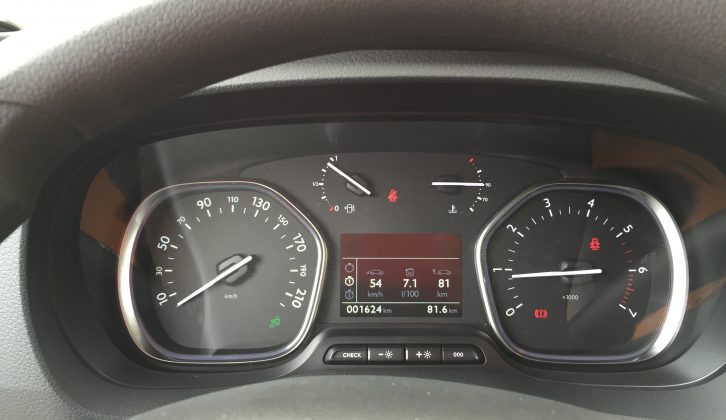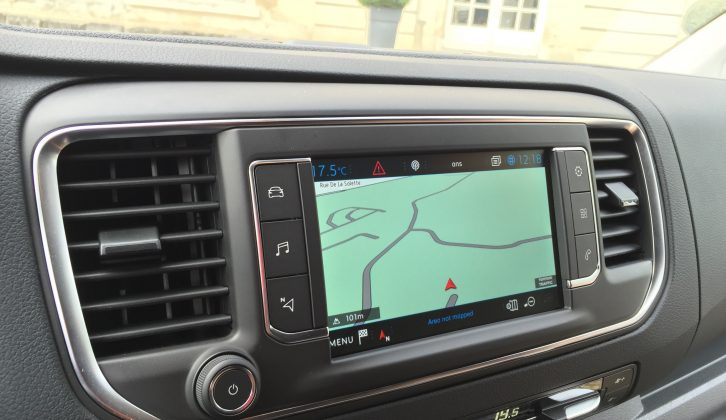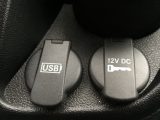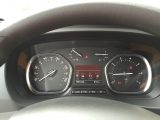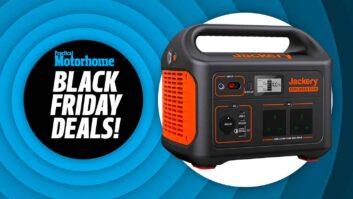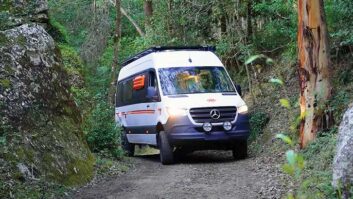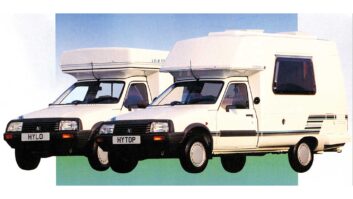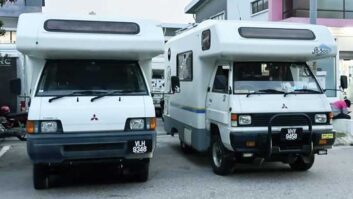The PSA Group has a long association with motorcaravanning and in 2015, its Peugeot Boxer and Citroën Relay vans were the second-most popular motorhome base vehicles in Europe. Earlier this month, at an event near the French capital, the new Euro 6-compliant 2017 versions were revealed.
Alongside the Boxer and Jumper (the latter badged as Relay in the UK) were PSA’s mid-sized light commercial vans (LCVs): Peugeot Expert and Citroën Jumpy (the latter is known in the UK as Dispatch).
All are powered by new Euro 6-compliant engines and in order to meet the latest emissions regulations, the PSA Group is using AdBlue technology. This is because, according to Peugeot/Citroën, it gives the best NOx and CO2 emission reductions combined with impressive real-life fuel consumption and strong on-road performance. Previously, the largest engines offered were 2.2-litre units and now, in line with the industry’s downsizing trend, they are 2.0-litre units, with increased torque helping to disguise this capacity drop.
Potential buyers concerned that the addition of AdBlue injection will be a headache when it comes to servicing and maintenance have nothing to worry about. The 15-litre AdBlue tanks in these Peugeot/Citroën vans will last approximately 10,000km (about 6200 miles) which is, apparently, the average distance travelled in a season of touring. This means owners can simply get the tank topped up during their motorhome’s annual habitation inspection.
Tour more than that? Fear not. You’ll receive an alert on your dashboard when AdBlue levels are getting low and any official Peugeot/Citroën dealer can refill the tank. And it won’t cost much – a 10-litre top-up is only about £10 from a dealer. Some petrol stations sell AdBlue, too, so you could do the job yourself.
We were also delighted to see the fantastic Apple CarPlay as well as MirrorLink feature in these new Peugeot/Citroën vans. Apple CarPlay and MirrorLink offer full integration of iPhones and non-Apple smartphones (including some HTC, LG, Samsung, Sony and Fujitsu devices) respectively, via a USB cable. This gives access to your music, podcasts, messages and more from the van’s built-in screen, excellent news for motorcaravanners as it means you can enjoy the entertainment of your choosing on tour, without compromising safety.
Peugeot Boxer/Citroën Relay
As revealed, 2.0-litre engines power the entire new Boxer/Relay range, and are available in several different states of tune. The entry-level powerplant has 109bhp/224lb ft torque, and there are also 129bhp/258lb ft and 161bhp/258lb ft versions.
Combined fuel consumption figures across the range are between 44.1 and 48.7mpg, while CO2 emissions are between 154 and 168g/km. These should only be taken as guidance as these are for vans and not motorhome-specific conversions.
The new Peugeot Boxer/Citroën Relay cabs have also been updated, so you’ll get a tablet/smartphone holder for using your device as a sat-nav, a battery isolator, USB and 12V points, two cupholders and grey air vents. A 3650kg version will be sold from October production, at which point a camera for traffic sign recognition and high beam functionality will also become available. From December production, 16in alloy wheels will be offered on the light version.
Peugeot Expert/Citroën Dispatch
The smaller Expert/Dispatch have both received aesthetic updates aligning them more closely with models in the Peugeot/Citroën car ranges, respectively.
They’re powered by either 1560cc or 1997cc engines. The former comes in three guises: 95bhp/155lb ft torque/five-speed manual, 95bhp/177lb ft torque/six-speed electronically controlled gearbox and 115bhp/221lb ft torque/six-speed manual.
Choose the 2.0-litre variant and you can have the 122bhp version which has 251lb ft torque, or the 150bhp/273lb ft torque unit, both of which are mated to six-speed manual transmissions. There’s also the top-of-the-range motor which develops 180bhp and 295lb ft torque, and which uses a six-speed automatic gearbox.
Official figures for the most efficient version claim it returns 55mpg and emits only 133g/km of CO2, with an average of 137g/km across the range. In fact, the new Expert/Dispatch range delivers best-in-class CO2 emissions and fuel consumption. Of course, all these figures are based on standard vans and those for motorhomes will vary, according to the conversion.
Three lengths (4.6m, 4.95m and 5.3m) and four body types (panel van, crew cab, platform cab and combi – not all are offered with every body length) are available, giving motorhome converters and buyers more choice.
Buyers concerned about the addition of AdBlue injection have nothing to worry about
